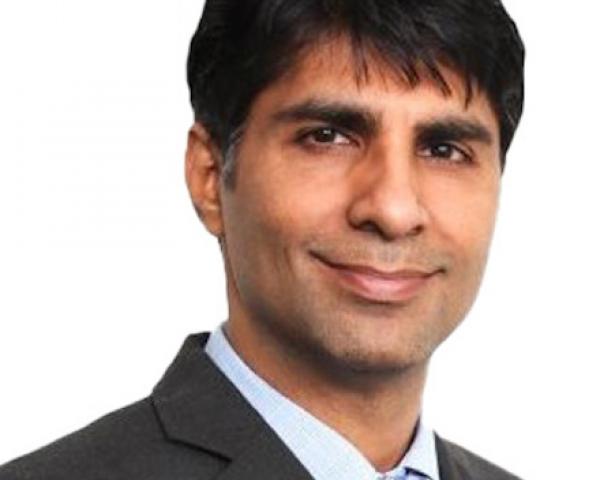Traffic is back. Are insurers ready for the inevitable rise in auto accident claims?
Motorists filed fewer claims during the pandemic, as lockdowns reduced the number of cars on the road. Data from Allstate, GEICO and Progressive show that claims frequency fell by 27% to 30% in 2020 for physical damage claims and 25% to 30% for bodily injury.
But those numbers don’t tell the whole story. Driving in the U.S. became more dangerous last year. As traffic volumes declined, risky driving behaviors, especially speeding, surged – and so did traffic fatalities: up 8% in 2020 over 2019 in total numbers and up an astonishing 24% per 100 million miles driven.
The grim trend has continued this year. For the first five months of 2021, motor vehicle deaths increased 21% over the same period in 2020.
At the same time, those in insurers’ supply chains and at many tier-two and -three carriers have reduced staff. Some fear that if reckless behaviors persist (and even if they don’t), claims will surge even after the country begins to return to normal. There is already evidence that an increase in claims has begun.
This could swamp insurers’ capacity to respond in a timely manner and ultimately increase premiums. Insurers can prepare for the future by taking a few measures, such as:
Continuing to roll out straight-through processing (STP) for low-complexity claims
Carriers learned that the claims process can be simplified through an integrated partner ecosystem by providing the right digital tools for their insureds. This moves simpler claims through the process with little intervention, allowing adjusters to focus on the more costly, complex claims. By implementing true STP automation in key claim activities (e.g,, first notice of loss (FNOL), document management, customer communications, fraud and subrogation predictive analytics and payments) and across certain claim types, carriers can enhance the customer experience while increasing efficiency. That’s a big reason why adoption of STP is rising across all lines of business.
See also: Power of Partner Ecosystems
Using chatbots, texts and apps to facilitate a quick and frictionless claims experience for customers and service providers
Customers have become more willing to engage digital tools during the claims process, which allows them to participate in creating their own claims experience. These solutions drive down cycle time, which is a primary driver in customer satisfaction. They also free employees so they can use their greatest assets -- empathy and emotional intelligence – to enhance customer experiences. For example, Indian insurer Bajaj Allianz lets customers submit photos of vehicle damage via a mobile app. The insurer uses AI and machine vision to provide claim assessments within 20 minutes. If the customers agree, the funds transfer straight into their accounts.
Providing risk management advice such as storm alerts and hazardous road warnings to help customers avoid losses in the first place.
Insurers can channel this advice to customers via apps to encourage safe driving or to protect their insured property. They can even nudge customer behavior by rewarding them for being safe. As our recent paper, Insurance in the Age of Instinct, noted, insurance touchpoints will become fluid, varied and responsive and ultimately allow experiences and services to be tailored to the individual. Using data to assess risk in real time by predicting the likelihood of adverse events transforms insurance models from claims-paying activities to claims-prevention services.
Springboard for innovation
But why stop there? Now is the perfect time for insurers to consider even more transformational strategies, such as shifting from traditional actuarial underwriting models to pay-as-you-drive (PAYD) models. In 2020, most new vehicles sold in the U.S. could connect to the internet, compared with just 5% in 2016. The real-time data on driver behavior provided by telematics improves on legacy actuarial underwriting models by providing more accurate rating risks and taking the subjectivity out of underwriting a policy.
Insurers have taken notice. PAYD is gaining momentum – one tier-one carrier had six times more interest in its pay-per-mile program in 2020 versus 2019.
Other transformational strategies gaining momentum include parametric insurance, which is tied to indices like wind speed or precipitation, rather than losses sustained.
The most forward-thinking insurers will adopt all these innovations, and more. But the most successful companies will be the ones that also reskill and upskill employees to master the new technologies and roles. Lifelong learning is a requirement in an industry that is becoming more dynamic by the day. A workforce that is adept at acquiring new skills is now a big competitive advantage. And remember, the more an insurer is known as a believer in lifelong learning, the easier it is to attract a new breed of talent to the industry.
See also: Innovation in Fraud-Detection Systems
As we continue to grapple with the pandemic, it’s important to recognize and adapt to the new normal. By adopting innovative technologies and new ways of working and learning, insurers will be ready for an increase in claims -- but more importantly, will be prepared to capitalize on opportunities emerging in years to come.






